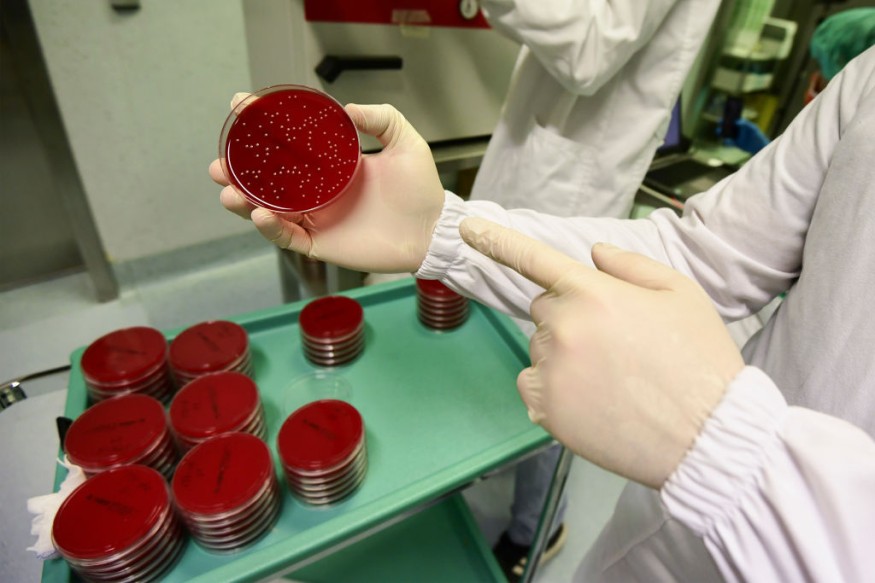For the first time, microplastic contamination has been identified deep in the lungs of living individuals. Almost 80% of the samples examined included the particles.
Microplastic Contamination

According to the researchers, microplastic contamination is already widespread worldwide, making human exposure inescapable and causing "growing worry" about health risks.
Microplastics were discovered in 11 cases after collecting tissue samples from 13 individuals having surgery. Polypropylene, which is used in plastic packaging and pipelines, and PET, used in bottles, were the most frequent particles. Microplastics were detected in lung tissue obtained during an autopsy at equally high rates in two prior investigations.
People have already been known to inhale the microscopic particles and consume them through food and water. Workers exposed to high quantities of microplastics have been reported to get sick.
Finding It in Human Blood
In March, microplastics were first found in human blood, indicating that the particles may travel throughout the body and lodge in organs. The influence on health has yet to be determined. However, researchers are concerned since microplastics have been shown to harm human cells in the lab, and air pollution particles are known to penetrate the body and cause millions of premature deaths each year.
"We didn't anticipate discovering the biggest amount of particles or particles of the sizes we observed in the lower areas of the lungs," said Laura Sadofsky, a senior author of the research from Hull York Medical School in the United Kingdom. "It's remarkable since the airways in the lower lungs are narrower, and we'd anticipate particles of this size to be filtered out or trapped before reaching this depth."
Also Read : Microplastics Linger in Rivers for Years Before Polluting Oceans, Reveals Alarming Research
Worsening Air Pollution

According to her, this research represents a significant step forward in air pollution, microplastics, and human health. The data might be utilized to generate realistic laboratory settings for determining health effects in the future.
The study, accepted for publication in the journal Science of the Total Environment, analyzed samples of healthy lung tissue taken from proximity to the surgical sites. It looked at particles as small as 0.003mm and utilized spectroscopy to determine the type of plastic. It also employed control samples to adjust the amount of contamination in the background.
Microplastics were identified in 13 of the 20 patients examined in a 2021 investigation in Brazil on postmortem samples, whose average age was greater than those studied by Sadofsky. One of the most prevalent particles was polyethylene, utilized in plastic bags. "Detrimental health consequences may be connected to... these pollutants in the respiratory system following inhalation," the researchers found.
Lung Cancer Study
In a 1998 study of lung cancer patients in the United States, plastic and plant fibers (such as cotton) were detected in over 100 samples. The fibers were found in 97 percent of malignant tissue samples and 83 percent of non-cancerous tissue samples.
Microplastics pollute the whole world, from the pinnacle of Mount Everest to the deepest oceans, due to massive volumes of plastic trash deposited in the environment. Microplastics have been identified in pregnant women's placentas, and they travel quickly from the lungs into the fetuses' hearts, brains, and other organs in pregnant rats.
"More detailed research on how micro- and nanoplastics affect the structures and processes of the human body, and whether and how they can transform cells and induce carcinogenesis is urgently needed, particularly in light of the exponential increase in plastic production," according to a recent review of cancer risk.
Related Article : Traces of Plastic Found in Air from the World's Highest Peaks
For more environmental news, don't forget to follow Nature World News!
© 2026 NatureWorldNews.com All rights reserved. Do not reproduce without permission.





